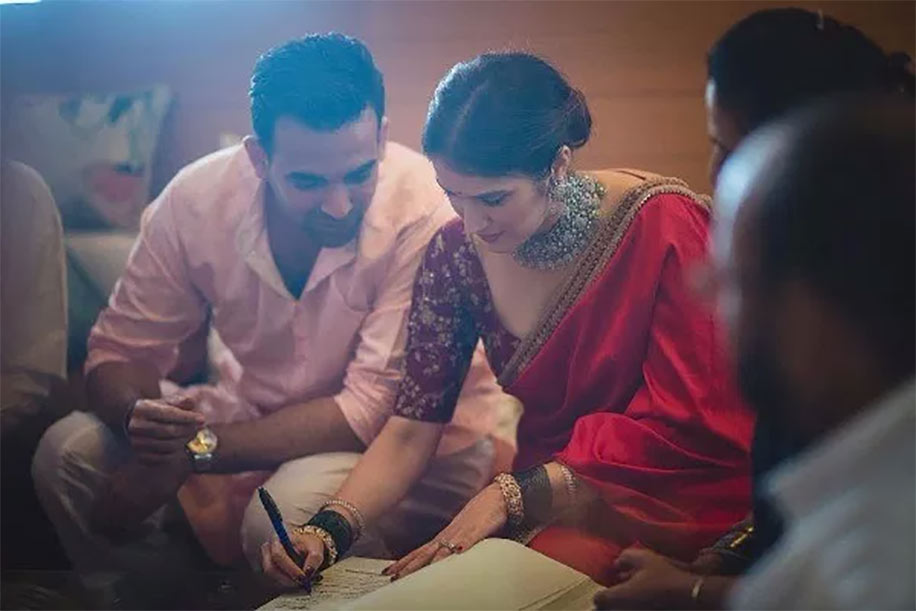
Wedding Ideas
Court Marriage Procedure in India: Your 5 Step Guide to Apply for Court Marriage
By Andrea Pereira
 Jul 25, 2018
Jul 25, 2018Similar Blogs
Idea CollectionOur Curated List of Ideas for Each category
Our Curated Web stories
Loading data...
Our Super Vendor ManagerExplore through top Vendors in Each Category














